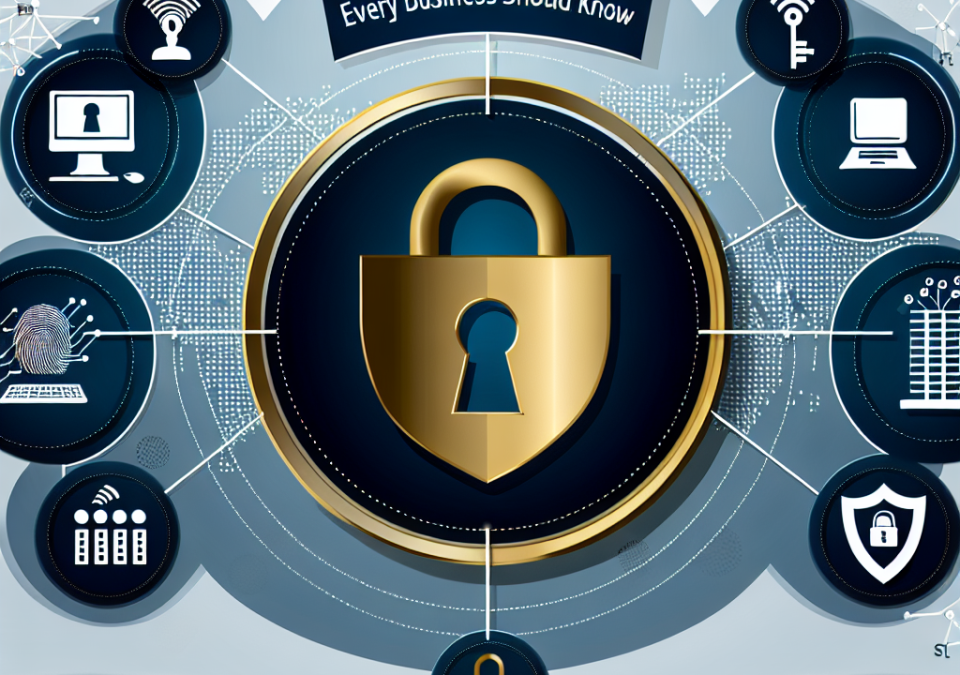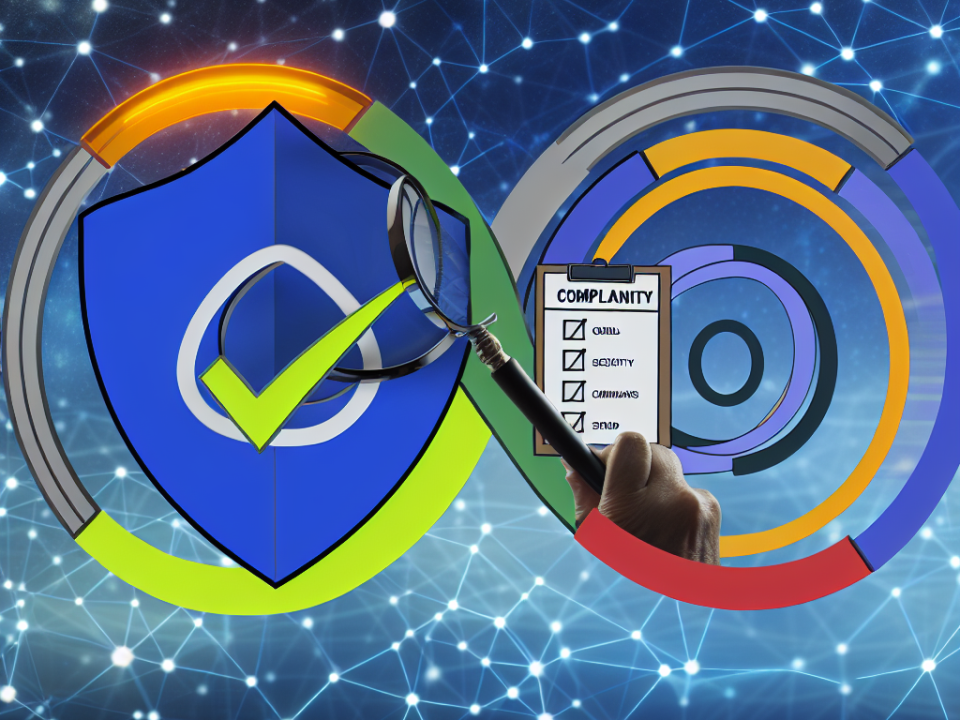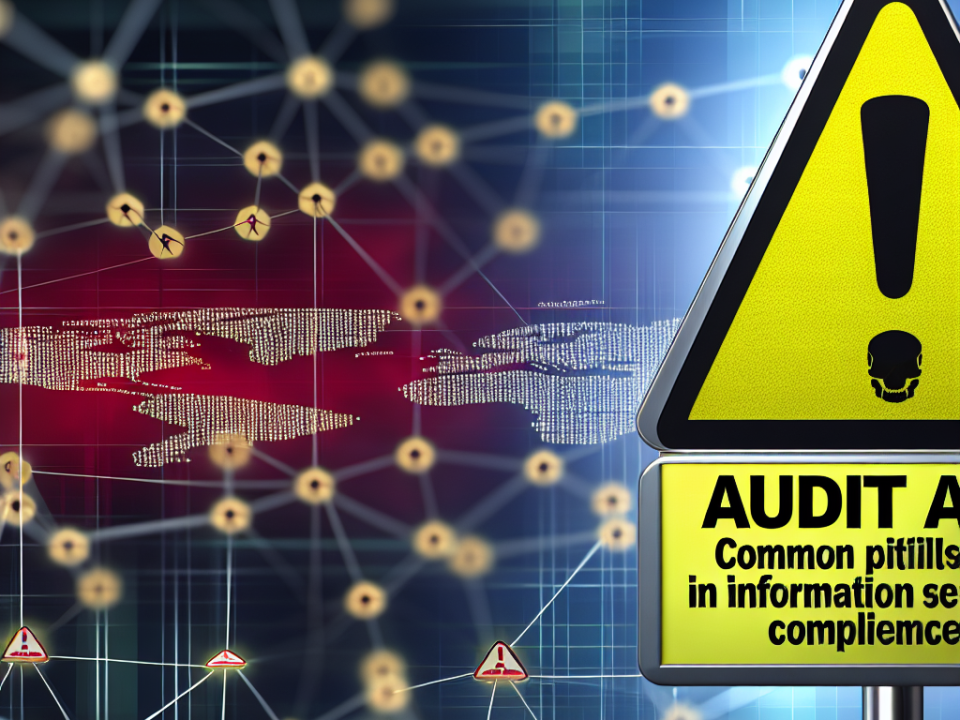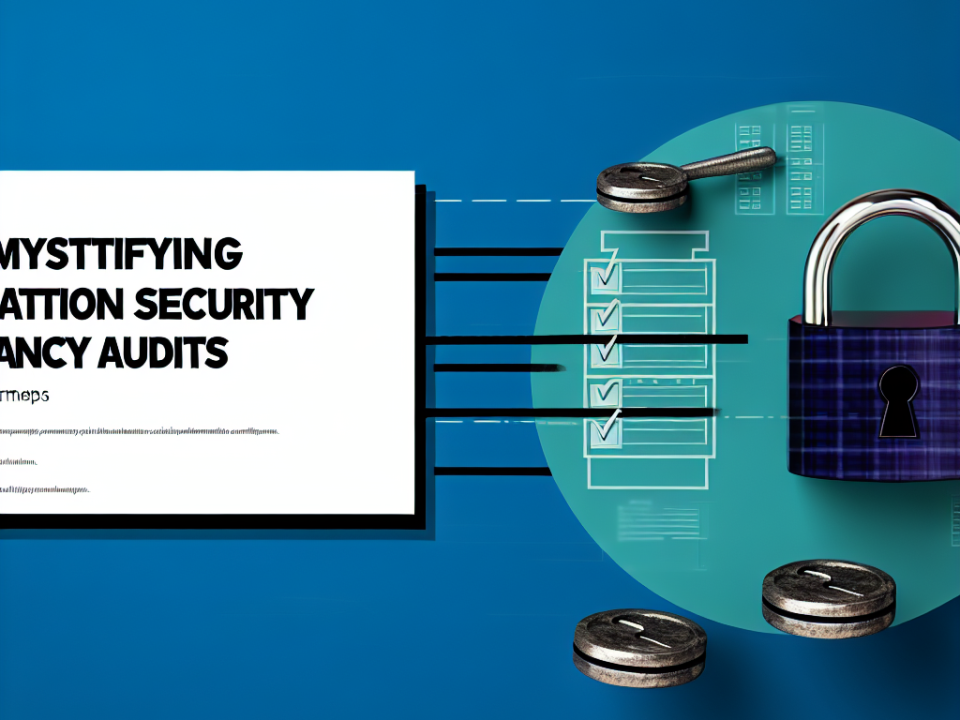
Navigating the Future: Top Cybersecurity Trends to Watch in 2025
October 9, 2025
Cybersecurity in 2025: The Rise of AI and Machine Learning Defense Mechanisms
October 10, 2025
In an age where data breaches and cyberattacks are increasingly common, implementing robust security measures is vital for businesses of all sizes. Understanding and adhering to industry-standard security protocols can help protect sensitive information and maintain customer trust. Here are ten critical security protocols every business should be aware of:
1. ISO/IEC 27001
The ISO/IEC 27001 is an international standard that outlines best practices for information security management systems (ISMS). It provides a framework to help businesses manage sensitive data, focusing on risk assessment and treatment. Achieving ISO 27001 certification can enhance credibility and demonstrate a commitment to protecting information.
2. NIST Cybersecurity Framework (CSF)
Developed by the National Institute of Standards and Technology (NIST), the Cybersecurity Framework provides guidelines for organizations to manage and reduce cybersecurity risk. It focuses on five core functions: Identify, Protect, Detect, Respond, and Recover. This flexible framework helps organizations of all sizes improve their cybersecurity posture.
3. General Data Protection Regulation (GDPR)
For businesses operating within or dealing with clients in the European Union, GDPR compliance is mandatory. The regulation sets out strict guidelines for the collection and processing of personal data. Understanding GDPR requirements is crucial to ensure legal compliance and avoid significant fines.
4. Health Insurance Portability and Accountability Act (HIPAA)
For businesses in the healthcare sector, HIPAA compliance is essential. The act sets standards for protecting sensitive patient information, ensuring that organizations implement the necessary safeguards to maintain confidentiality and integrity. Non-compliance can result in severe penalties and damage to reputation.
5. Payment Card Industry Data Security Standard (PCI DSS)
Retailers and service providers that accept credit card payments must adhere to the PCI DSS, a standard established to ensure the secure handling of card information. Compliance involves a series of requirements aimed at protecting cardholder data, such as encryption, access control, and regular security testing.
6. Federal Information Security Management Act (FISMA)
FISMA mandates that federal agencies and related organizations develop, document, and implement an information security program. Compliance involves periodic risk assessments and reporting, making it critical for organizations that handle government data.
7. SOC 2 Compliance
Service Organization Control (SOC) 2 compliance is crucial for businesses that process customer data in the cloud. This framework evaluates the controls related to data security, availability, processing integrity, confidentiality, and privacy. Meeting SOC 2 reliability can significantly enhance customer confidence.
8. Cybersecurity Maturity Model Certification (CMMC)
Specific to the defense industrial base, the CMMC establishes a unified standard for implementing cybersecurity across the supply chain. The model consists of multiple maturity levels, and certification is required for companies wishing to work with the Department of Defense (DoD).
9. FIPS Compliance
The Federal Information Processing Standards (FIPS) define requirements related to the security of computer systems used by federal agencies and contractors. Depending on the nature of information used or processed, FIPS compliance may be necessary for organizations working with government contracts.
10. TLS/SSL Protocols
Transport Layer Security (TLS) and Secure Sockets Layer (SSL) protocols are vital for securing communications over a computer network. They encrypt data transmitted between devices, which is especially important for online transactions and protecting sensitive information from eavesdropping.
Conclusion
In an increasingly interconnected world, the significance of understanding and implementing industry-standard security protocols cannot be overstated. Awareness and compliance with these standards not only protect businesses from potential threats but also build trust with consumers and stakeholders. By prioritizing these protocols, organizations can fortify their defenses and promote a culture of security that benefits everyone involved.







